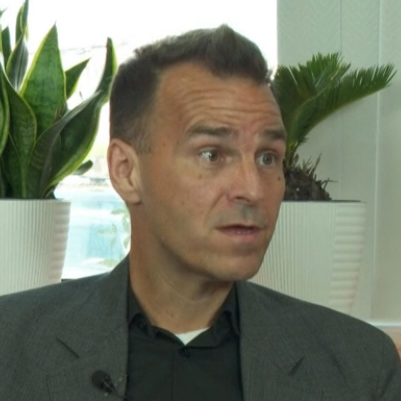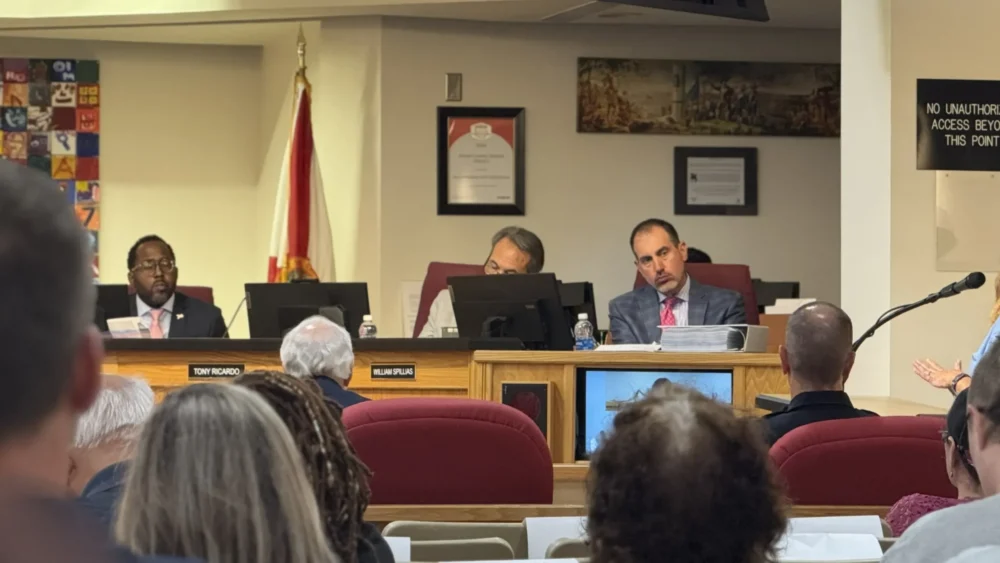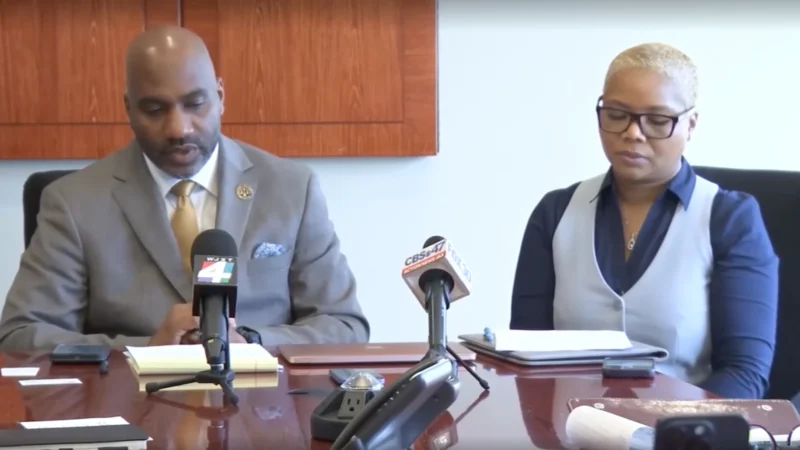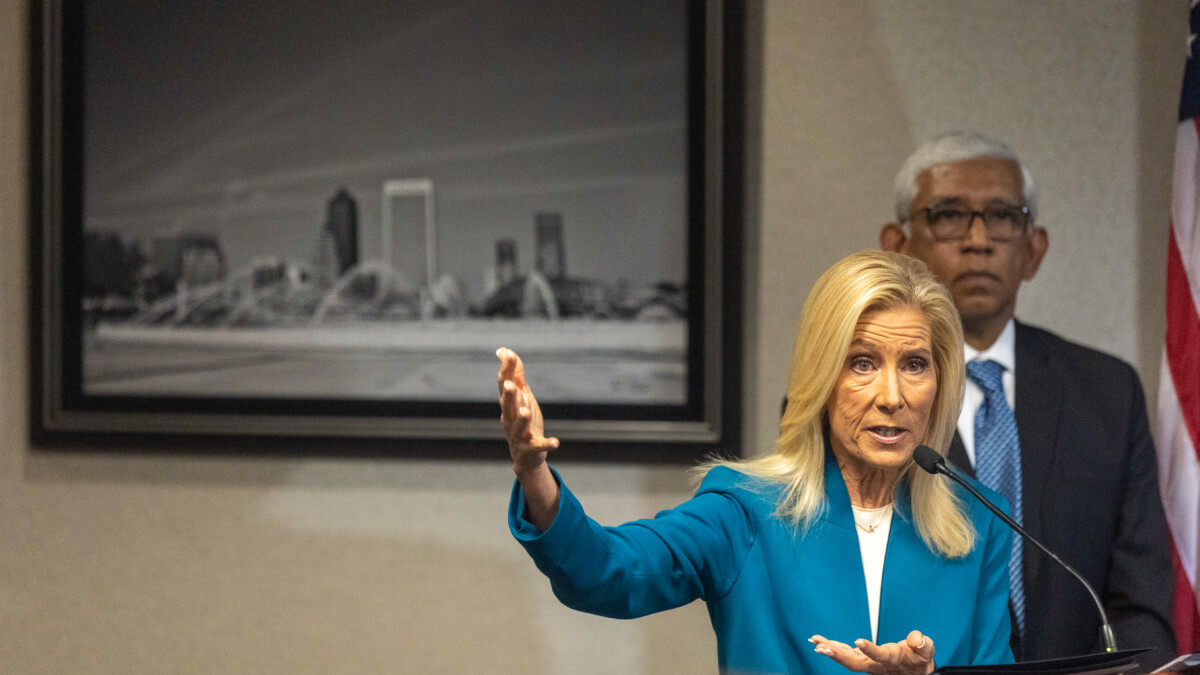
For many years now, questions about whether Duval County’s consolidated government model really is the best of all worlds have been posed.
Last decade, Jacksonville City Council members like Reggie Brown raised questions about the model, which the Democrat thought privileged other parts of Duval County over Northwest Jacksonville.
And it’s not hard to find gripes about consolidation.
The model arguably places real political power south and east of the St. Johns River, with the Urban Core and older neighborhoods on the Northside and Westside unable to get their historic grievances addressed.
Rarely do people get to make actual attacks on the model, however.
But for those interested in asserting the importance of consolidation, Tuesday’s City Council meeting will provide a litmus test, in the form of bill 2025-0695.
The Duval County School Board seeks in-house counsel that they select, independent of the city’s Office of General Counsel, to handle its legal needs.
In a vacuum, this sounds reasonable.
The board is independently elected, after all. They certainly tax and spend, even if the model increasingly is to filter money to privately operated charters over traditional public schools. They need someone who specializes in education law, which is a niche to be sure. And, to be competitive, they need to be able to put their new lawyer into the Florida Retirement System so their benefits are portable; as things stand, only police and fire will eventually be FRS eligible.
But while all of this sounds fine, the board can’t make the change without city council sanction because it requires a change to the city charter to provide legal autonomy.
“The Duval County School Board may employ its own general counsel who shall be independent of the office of general counsel of the City of Jacksonville and whose opinions on legal issues pertaining to the Duval County School Board and School District of Duval County shall not be subject to the opinion of the general counsel …. or any binding opinion rendered by the general counsel of the City of Jacksonville,” reads the bill’s legislative summary.
The School Board currently is disempowered to push a “local bill” toward state legislators to make the charter change, which is why they’ve had to convince the supermajority Republican City Council it’s a good idea.
Does the school board deserve more power at a time when traditional public schools are consolidating because they can’t compete with publicly subsidized quasi-private operators?
That’s the counterintuitive argument at the heart of this proposal.
In this current era in local politics, it’s hard to divorce this push from the general perception of the General Counsel’s Office under Mayor Donna Deegan.
The city council’s power clique has been very vocal about its dissatisfaction with Michael Fackler, a Deegan appointee they approved overwhelmingly before complaining about him ever since, because they believe Fackler is too closely tied to the mayor’s agenda.
This argument isn’t novel. People thought the same thing about Lenny Curry’s General Counsel Jason Gabriel.
The most vocal critics then? Members of the previous left-of-center school board who wanted to push a tax hike that funded infrastructure for traditional schools but didn’t make provisions for charters.
While that tax referendum did get to and through the ballot, by the time it did, the charters got their cut.
What would have been the prevailing sentiment if that previous school board wanted a general counsel of its own?
Yesterday’s Republican power structure would have balked.
One difference between political theory and governing reality is that in application, concepts prove malleable in the pursuit of expediency.
We see it in Tallahassee and Washington, where the executive branch holds sway over the legislative and the judiciary, and the only real news is when you see lawmakers or judges assert their historic prerogatives as checks and balances.
Here in Jacksonville, the concept under erosion isn’t the federal or state Constitution, but the local consolidated model, which has survived corruption trials, indictments and myriad crises of trust, but somehow buckles when a mild-mannered lawyer from Avondale cuts his own swath as the city attorney.
The school board is likely to prevail in getting its general counsel, despite Fackler’s fretting in a city council committee hearing that said lawyer may not be able to provide a “correct legal opinion” in the way his office could. The proposal passed both of its committees with 6-2 votes.
Sure, there will be speeches made against the proposal, with council members like Ken Amaro, Michael Boylan, Matt Carlucci, and various Democrats warning in vain about unintended consequences. But it probably will pass with 11 votes, give or take.
And this will set the stage for other unelected boards looking for their own lawyers.
Could that have had consequences when now-convicted Aaron Zahn sought to privatize JEA, for example, if a politically motivated in-house lawyer had asserted the importance of the executive bonus plan that killed the deal?
That’s a hypothetical. Because back then, such a post-modern approach to the charter wouldn’t have been considered.
Here’s a prediction: once the school board has its own lawyer, you will see increasingly politicized proposals emerging as members of the board exploit the platform to build careers on the greater public stage, using the children as pawns on the board all the while.
And if they really play it right, there’s a three-minute segment on Newsmax in their future.







